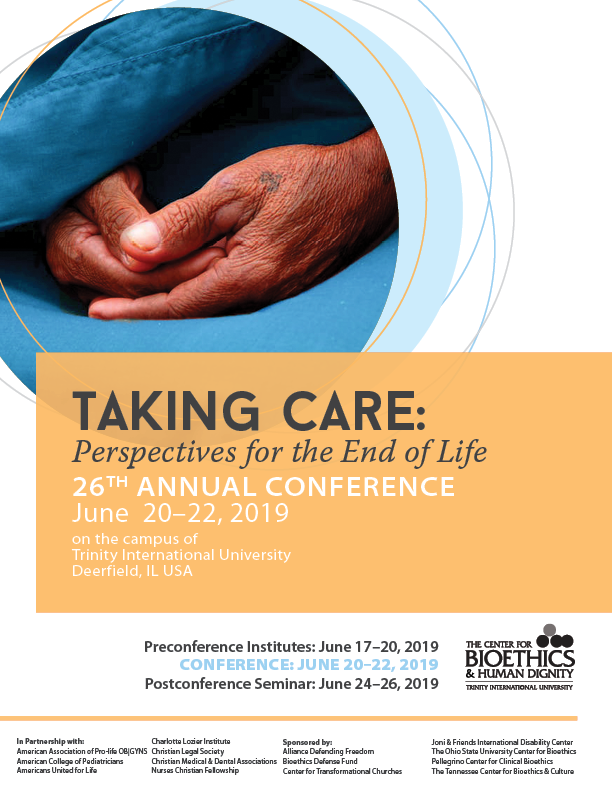
The “good” life represents an important category for bioethical reasoning. Particularly, assumptions connecting the value of human life to an experience of wellbeing have significant consequences for the ethics of selective reproduction. Ethicists such as Julian Savulsecu argue for procreative principles according to which only the child who “is expected to have the best life” should be born. Moreover, in 2000, a French court agreed that a child had a “right not to be born” if he or she was to suffer from severe disabilities. Disagreement with such views is often argued on the basis of testimonies about satisfaction and quality of life in the disabled community. Nevertheless, both positions share a similar premise: the experience of satisfaction constitutes a life worthy to be lived. However, within the bounds of Christian reasoning, such experiential approaches are problematic. While ill or disabled persons can and should experience satisfaction, suffering is a reality that must be addressed and taken seriously. This paper will, thus, argue that the worldview presented in Genesis demands a conceptual and theological distinction between the pursuit of the “good life” and the pursuit of the “best life” during which almost unhindered satisfaction can be experienced. In particular, the Genesis narrative introduces a distinction between “good” and “bad,” between “life” and “death,” and between “blessing” and “curse” by pointing out that the “good” life consists in living in accordance with God’s installment of humanity as regent and priest. Rather than constructing the goodness of human life around the absence of suffering, the book of Genesis describes it as the living-out of a God-given role for humanity. What is more, Genesis takes seriously the human experience of the limiting force of “evil” and suffering, yet nevertheless prompts its readers to hold on to the “good” life in hope for vindication and, ultimately, blessing. Thus, this paper will further integrate the worldview conceptualized in the Genesis narratives into a salvation-historical framework of creation and redemption within which the good life that is worthy to be lived is not constituted by the subjective experience of satisfaction, but the anticipation of eschatological vindication while living out the human creational-role in the midst of the post-Fall limitations of human life.